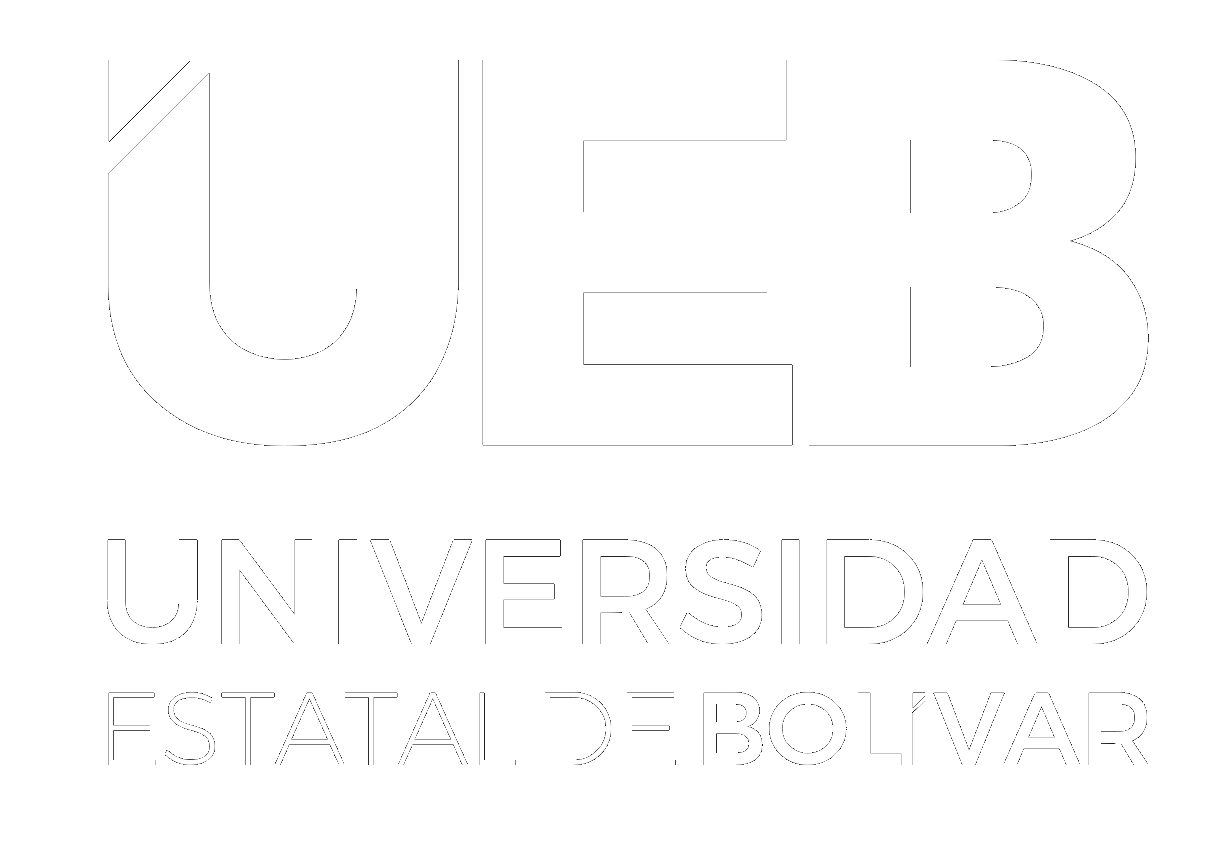Por favor, use este identificador para citar o enlazar este ítem:
https://dspace.ueb.edu.ec/handle/123456789/5481| Título : | Aplicación de un programa educativo sobre factores protectores para promoción de estilos de vida saludables. Unidad Educativa del Milenio Ángel Polivio Chávez. periodo diciembre 2022- abril 2023. |
| Autor : | Beltrán Aviles, Jaqueline Toapanta Rueda, Ashly Domenica Toapanta Rueda, Valeska Maleny |
| Palabras clave : | ESTILOS DE VIDA ESTUDIANTES NUTRICIÓN EJERCICIO TECNOLOGÍA TIEMPO LIBRE UNIDAD EDUCATIVA DEL MILENIO ÁNGEL POLIVIO CHÁVEZ |
| Fecha de publicación : | 25-jul-2023 |
| Editorial : | Universidad Estatal de Bolívar. Facultad de Ciencias de la Salud y del Ser Humano. Carrera de Enfermeria |
| Citación : | FCCS.EF;479 |
| Resumen : | El estudio “APLICACIÓN DE UN PROGRAMA EDUCATIVO SOBRE FACTORES PROTECTORES PARA PROMOCIÓN DE ESTILOS DE VIDA SALUDABLES. UNIDAD EDUCATIVA DEL MILENIO ÁNGEL POLIVIO CHÁVEZ. PERIODO DICIEMBRE 2022- ABRIL 2023”, ejecutado con el objetivo de determinar los factores protectores en las y los adolescentes que pertenecen a la Unidad Educativa del Milenio Ángel Polivio Chávez, habiéndose definido de tipo descriptivo, trasversal y de campo se trabajó con una muestra de 314 estudiantes que fue obtenida mediante la aplicación de la fórmula para obtención de la muestra en población finita, se aplicó el cuestionario a los estudiantes de forma aleatoria el cual aborda factores protectores con respecto: hábitos alimenticios, ejercicio, higiene, sueño, tecnología, relaciones de familia y amigos mismo cuestionario que fue validado por dos expertos, se utilizó el programa Excel para tabular los datos y los resultados se presentaron mediante tablas con su respectivo análisis donde se pudo determinar que de los 314 participantes la mayoría no mantienen una adecuada alimentación pues el 45% respondió a veces desayunar, el 64% come verduras de una a tres veces por semana siendo muy similar a los resultados de consumo de frutas con el 71% , en cuanto al consumo de carnes y pescado lo hacen solo de una a tres veces por semana con un 67% acompañado del consumo insuficiente de agua requerida para mantener al cuerpo hidratado con una incidencia de 52% , en cuanto a los hábitos de higiene y sueño pueden ser considerados como factores protectores adecuados pues el 36% de los participantes respondieron dormir más de ocho horas y el mismo resultado para quienes duermen más de siete horas, el uso de la tecnología es mayor que el tiempo que realizan actividad física teniendo como resultado que el 75% pasa más de seis horas usando tecnología y el 56% respondió que no le gusta realizar actividad física al aire libre en cuanto a factores protectores familiares el 50% de la muestra respondió si mantener una adecuada relación con sus padres y el 66% dijo que no habla sobre sus problemas con sus progenitores, |
| Descripción : | Concluyendo así que los estudiantes de la unidad educativa del Milenio Ángel Polivio Chávez demostraron presentar factores protectores poco adecuados debido a sus hábitos de alimentación, higiene y actividad física, así como la confianza y comunicación con sus padres siendo estos indispensables para mantener una calidad de vida adecuada. Palabras Clave: Estilos de Vida, Estudiantes, Nutrición, Ejercicio, Tecnología Tiempo libre, Higiene. XIX ABSTRACT The study “APPLICATION OF AN EDUCATIONAL PROGRAM ON PROTECTIVE FACTORS FOR THE PROMOTION OF HEALTHY LIFESTYLES. ÁNGEL POLIVIO CHÁVEZ MILLENNIUM EDUCATIONAL UNIT. PERIOD DECEMBER 2022- APRIL 2023", executed with the objective of determining the protective factors in adolescents who belong to the Ángel Polivio Chávez Millennium Educational Unit, having defined descriptive, transversal and field type, we worked with a sample of 314 students that was obtained by applying the formula to obtain the sample in a finite population, the questionnaire was applied to the students randomly which addresses protective factors regarding: eating habits, exercise, hygiene, sleep, technology, relationships of family and friends same questionnaire that was validated by two experts, the Excel program was used to tabulate the data and the results were presented through tables with their respective analysis where it was possible to determine that of the 314 participants the majority did not maintain an adequate diet because 45% responded that they sometimes eat breakfast, 64% eat vegetables one to three times a week, being very similar to the results of fruit consumption with 71%, in terms of meat and fish consumption they do so only one to three times a week with 67% accompanied by insufficient consumption of water required to keep the body hydrated with an incidence of 52%, in terms of hygiene and sleep habits can be considered as adequate protective factors since 36% of the participants responded sleeping more than eight hours and the same result for those who sleep more than seven hours, the use of technology is greater than the time they perform physical activity, resulting in 75% spending more than six hours using technology and 56% responding that they do not like to perform physical activity outdoors in terms of family protective factors, 50% of the sample answered whether to maintain an adequate relationship with their parents and 66% said that they do not talk about their problems with their parents, thus concluding that the Students from the Ángel Polivio Chávez Millennium educational unit demonstrated inadequate XX protective factors due to their eating habits, hygiene and physical activity, as well as trust and communication with their parents, these being essential to maintain an adequate quality of life. Keywords: Lifestyles, Students, Nutrition, Exercise, Technology Free time, Hygiene |
| URI : | https://dspace.ueb.edu.ec/handle/123456789/5481 |
| Aparece en las colecciones: | Enfermería |
Ficheros en este ítem:
| Fichero | Descripción | Tamaño | Formato | |
|---|---|---|---|---|
| TRABAJO DE INVESTIGACION ESTRES.pdf | 7,44 MB | Adobe PDF | Visualizar/Abrir |
Los ítems de DSpace están protegidos por copyright, con todos los derechos reservados, a menos que se indique lo contrario.

